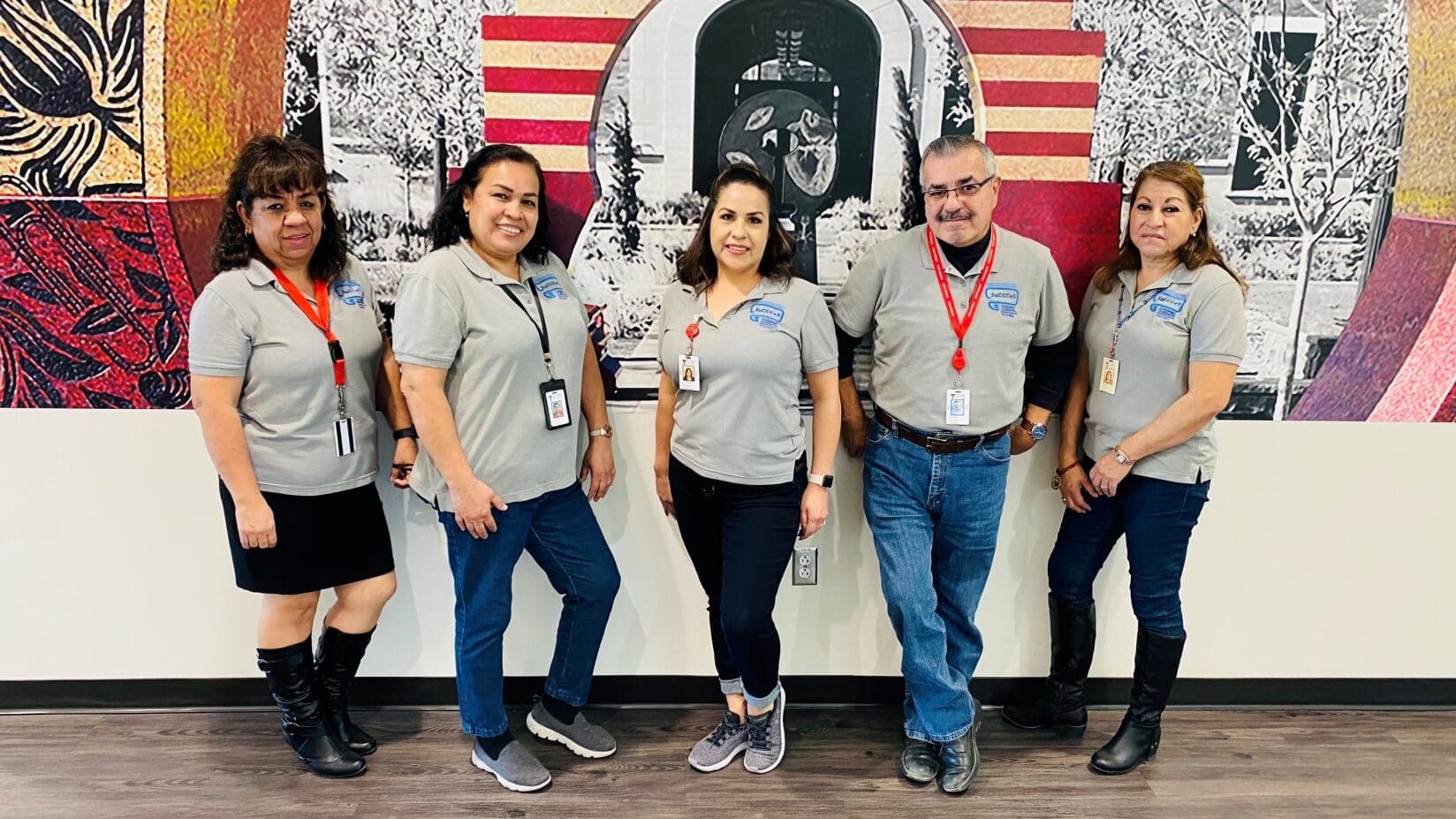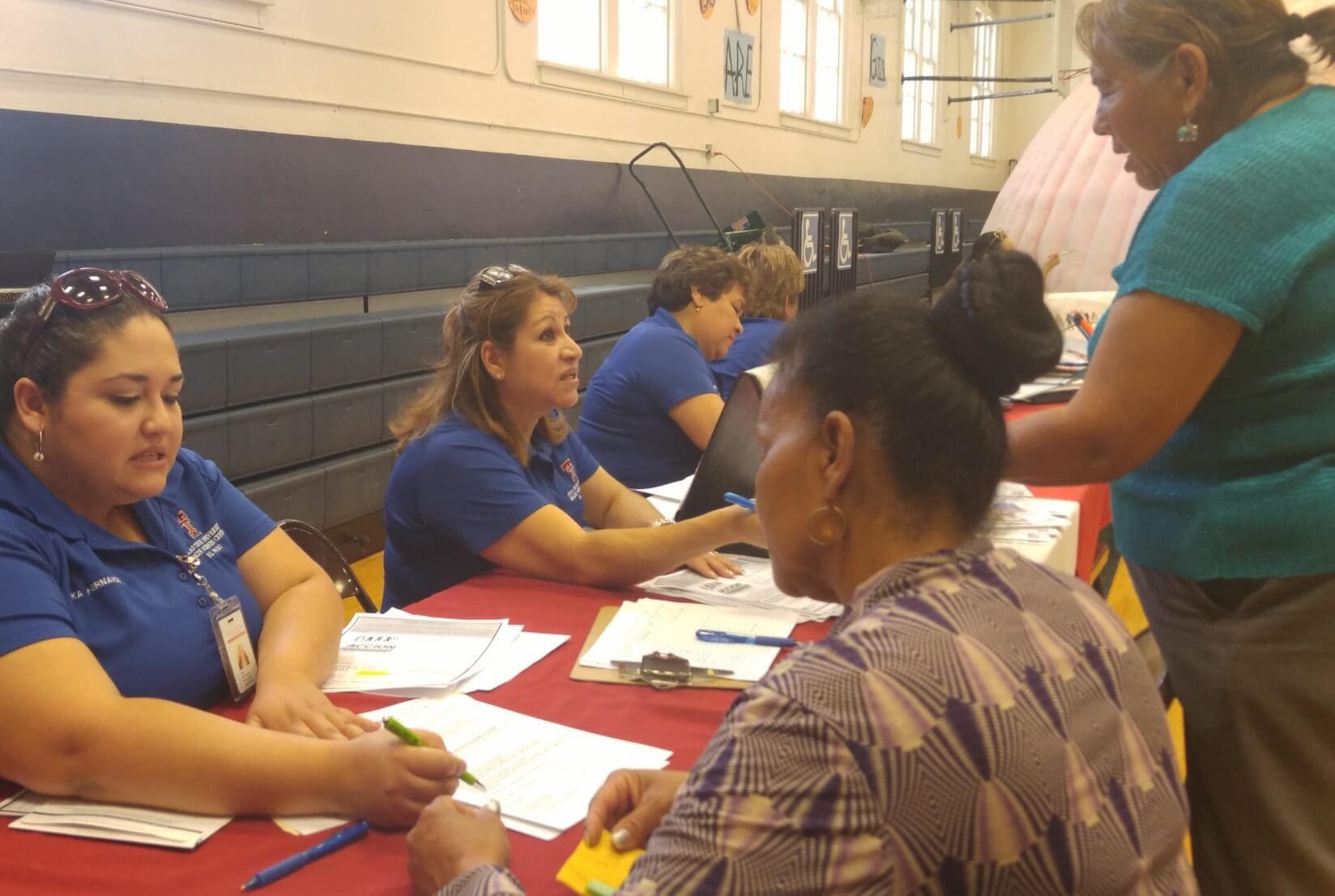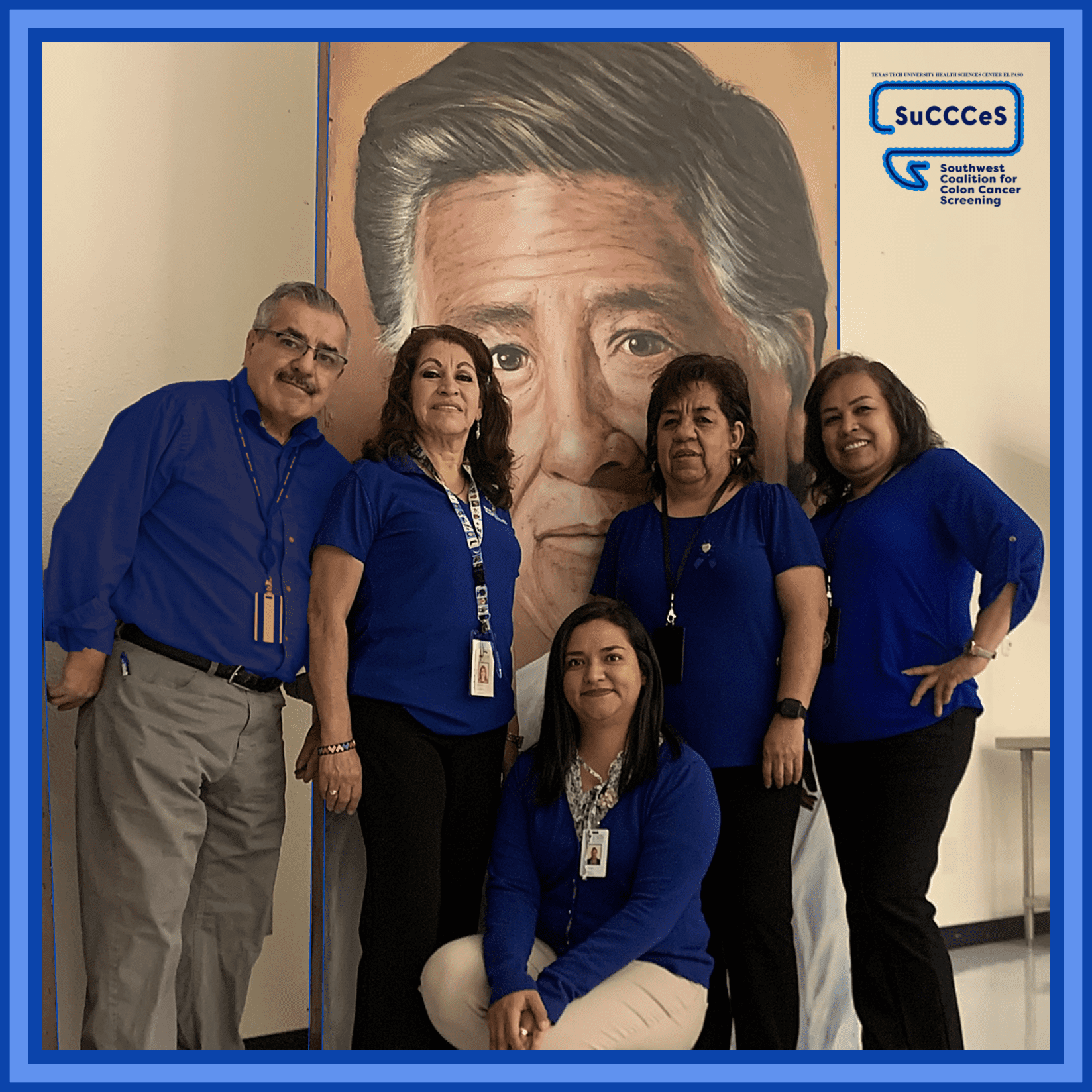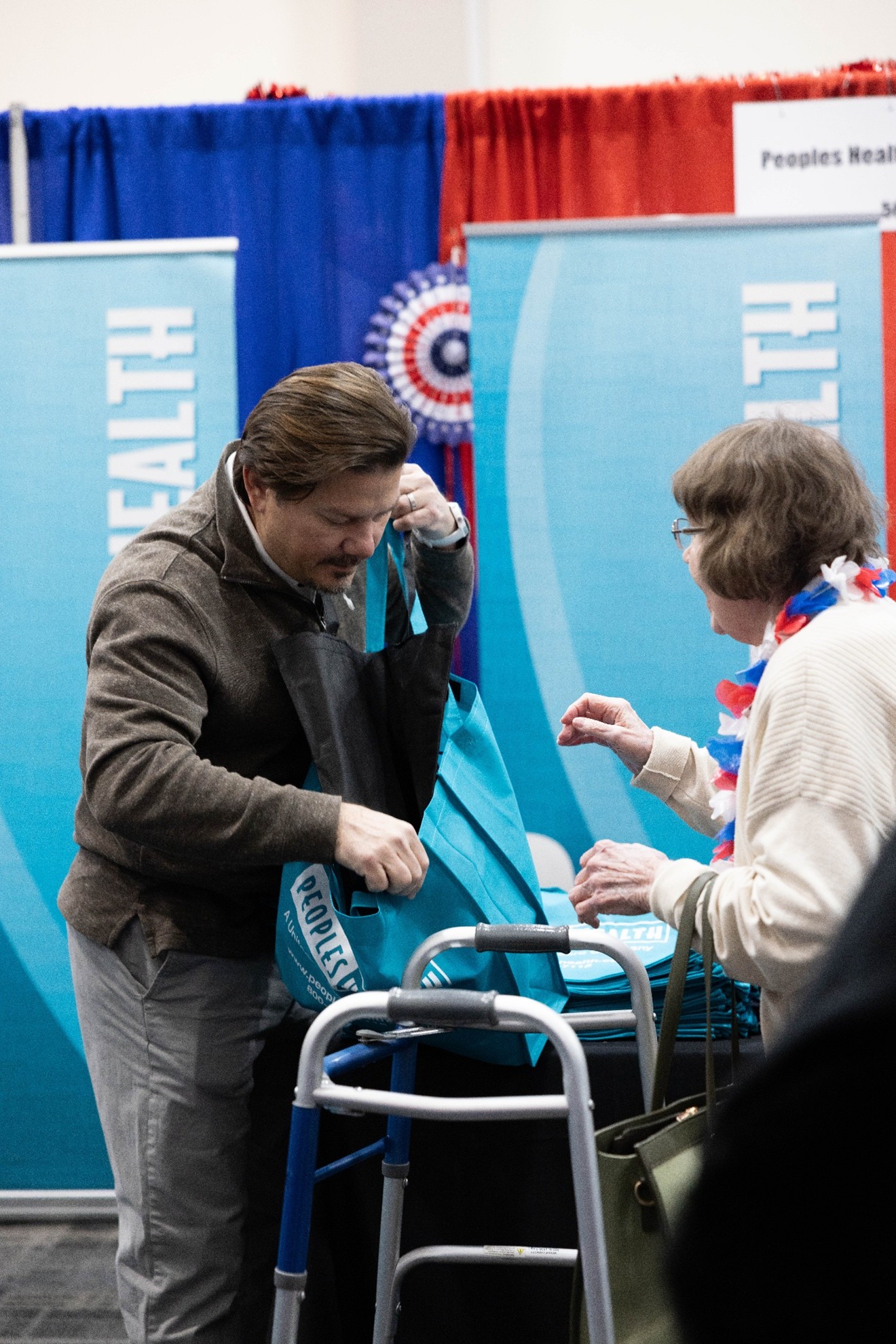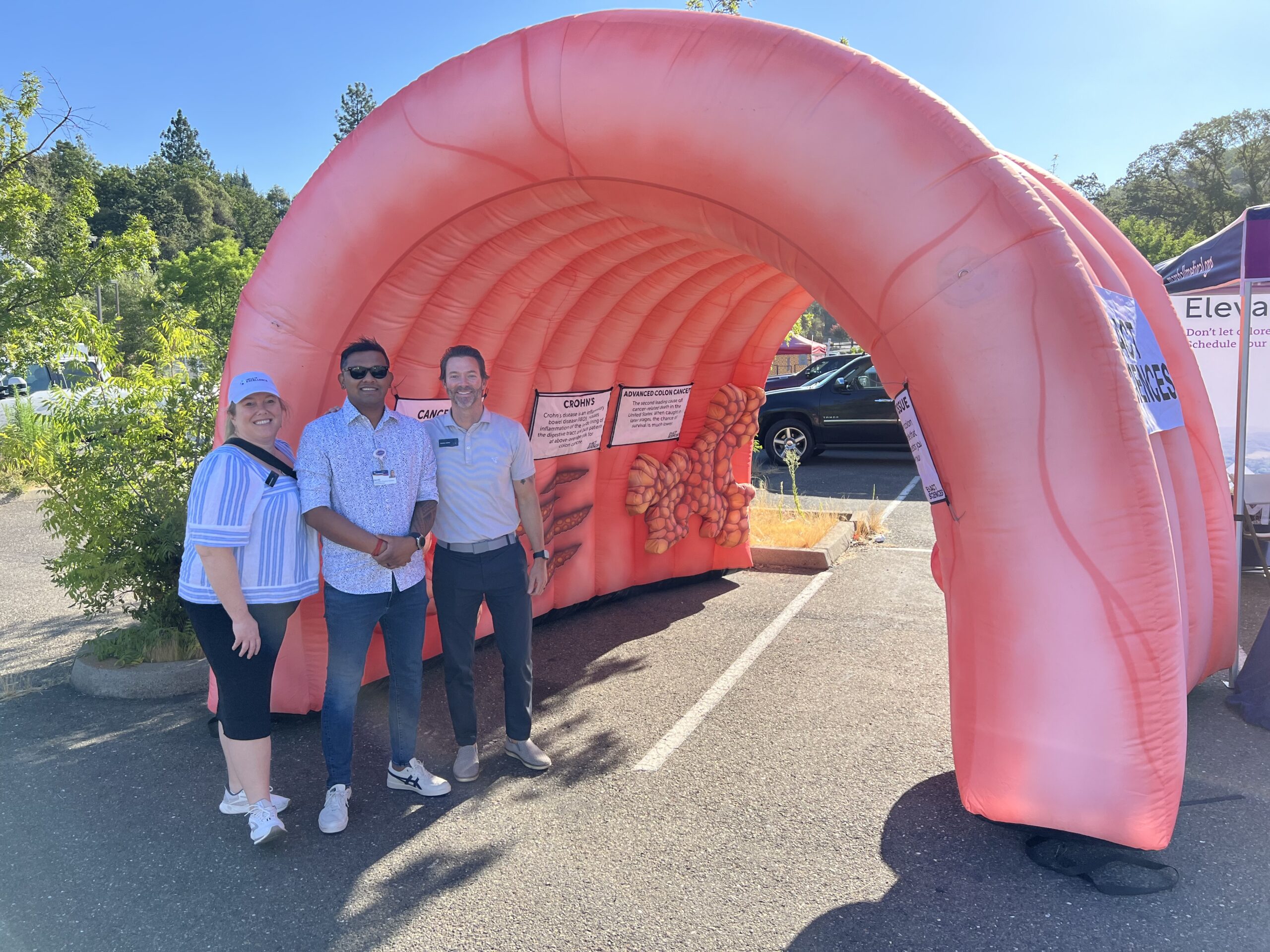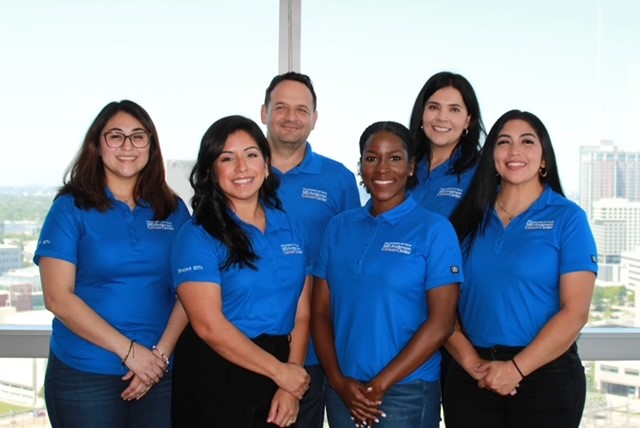Interview with the SuCCCeS Program – 2024 80% in Every Community National Achievement Award Grand Prize Winner
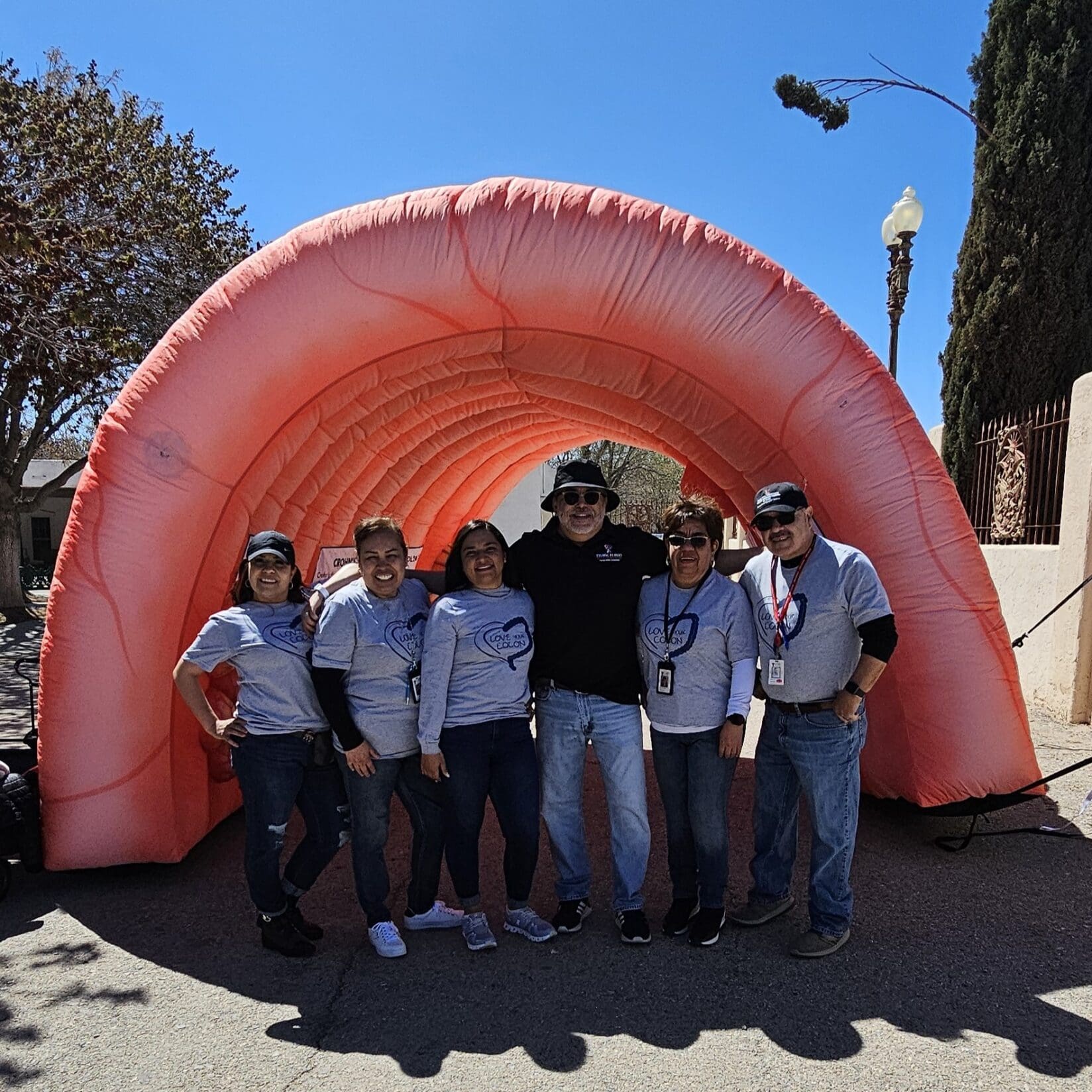
Date: April 19, 2024
As part of a series, the ACS NCCRT is thrilled to highlight our 2024 80% in Every Community National Achievement Award Winners with in depth blogs on their work. Below you’ll find the first of five interviews with awardees about what they did to increase colorectal cancer screening (CRC) rates as well as their lessons learned from their efforts.
Quick Stats
Organization: Southwest Coalition for Colorectal Cancer Screening (SuCCCeS)
Location: El Paso, Texas
Interviewees:
- Jennifer Molokwu, MD, MPH, Associate Professor, Vice-Chair of Research, Texas Tech University Health Sciences Center El Paso, Department of Family Medicine
- Sarai Martinez, BS, Program Coordinator, SuCCCeS Program.
The Interview
When and why did your organization decide to focus on increasing colorectal cancer screening?
The SuCCCeS program was initiated and first funded in 2011 as ACCION (Against Colorectal Cancer in Our Neighborhood) due to the persistent disparities faced in our priority counties due to their low socioeconomic status, rurality, and racial and ethnic minority status. Additionally, our priority counties, the largest of which is El Paso, have screening rates significantly lower than the Texas and national averages (54% vs. 63.5% vs. 67% rates). Our program has been continuously implemented for the past 12 years to increase CRC screening and reduce CRC mortality rates in El Paso, Texas, and the surrounding counties.
Did you set a colorectal cancer screening goal? If so, what was it, and how did you measure it? What was the final outcome?
Our main goal is to increase colorectal cancer screening among the uninsured in West Texas and build a sustainable screening, diagnosis, and treatment network for colorectal cancer screening. Our initial goal was to exceed the state average with a goal of a 65% screening completion rate within our program. As of January 2024, our program has distributed over 31,000 fecal immunochemical test (FIT) kits, with a return rate of 71%. We have scheduled over 800 high-risk screening and over 1,100 diagnostic colonoscopies for patients with positive or abnormal FIT results, with a completion rate of 74%. Our program has surpassed our initial 65% goal, reaching an overall screening completion rate of 72.8%
We credit our high FIT return and follow-up colonoscopy completion rates to working within and listening to our community and being a resource for other partners. We are proud of the cancers we have prevented or caught early with this work, which, as of January 2024, stands at 34 cancers diagnosed and over 1000 individuals with adenomatous polyps removed.
Did you have a colorectal cancer screening champion for your efforts on staff or in the community? If so, who were they, and how did you engage them?
Our program is community-based. The success of our program is due to the combined efforts of our program staff and the strong collaboration with community sites (community-based clinics, churches, schools, food banks, etc.) as well as clinical entities and hospitals. All groups have an identified champion (key collaborators) who works with our program staff.
What interventions or activities did you use to increase colorectal cancer screening rates?
A combination of various evidence-based interventions has been used to improve CRC screening within the community.
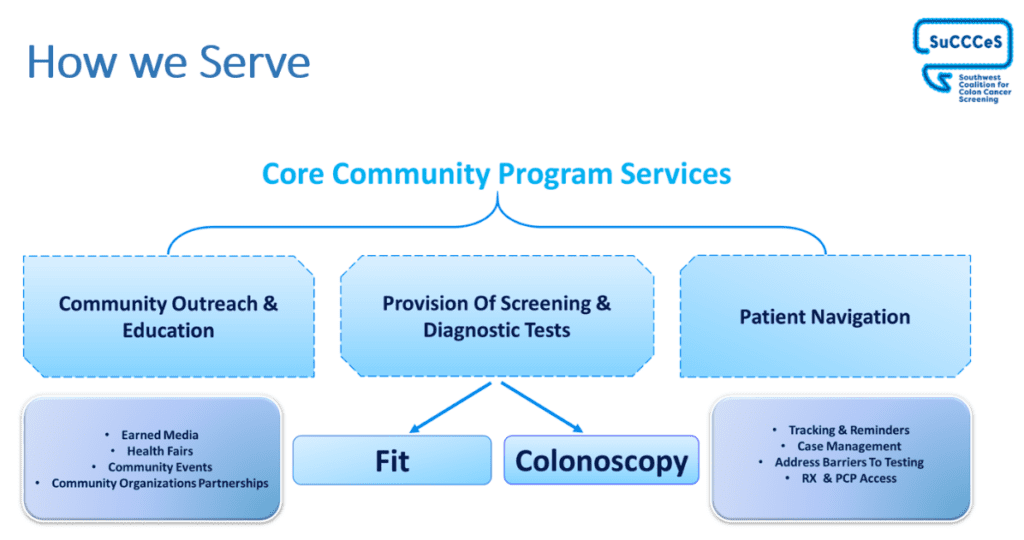
- Community Health Workers (CHWs) conduct outreach and education in various community sites
- We provide education and outreach through several social media platforms, and individuals will use links and contact information on these media to self-refer
- Due to our collaborations with federally qualified health centers (FQHCs) and free clinics, they refer eligible patients to the program
- Provision of no-cost CRC screening to uninsured and underinsured individuals
- Provision of navigation services to insured and uninsured individuals
- Through our navigation component, participants receive reminder calls for fecal immunochemical test (FIT) return, navigation through colonoscopy scheduling, and prep, as well as post-screening follow-up and navigation.
What do you consider your greatest success while working to increase colorectal cancer screening rates?
Serving the community is our most tremendous success. The ability to have partnered with our community to prevent cancer and become a trusted resource/partner for CRC prevention in our border region. We have learned to better understand our community’s needs to implement and improve our program.
What was your biggest lesson learned while working to increase colorectal cancer screening rates?
We have learned that there is a lack of information about CRC and that removing access barriers alone does not ensure the uptake of screening services. It is imperative to understand the concerns of your community and provide culturally and linguistically appropriate education to empower them to take charge of their health.
What else would you want others to know about how you increased colorectal cancer screening rates?
“There is no I in Team” (likely stolen from an internet meme somewhere). Collaboration has been critical to the work that we do. Our Texas Tech University Health Science Center El Paso team continues to show exceptional passion, perseverance, and love for the community. Finally, but most importantly, the funding and support from the Cancer Prevention & Research Institute of Texas (CPRIT) allows us to develop and maintain this infrastructure and provide no-cost screening to uninsured and underinsured members of our community.
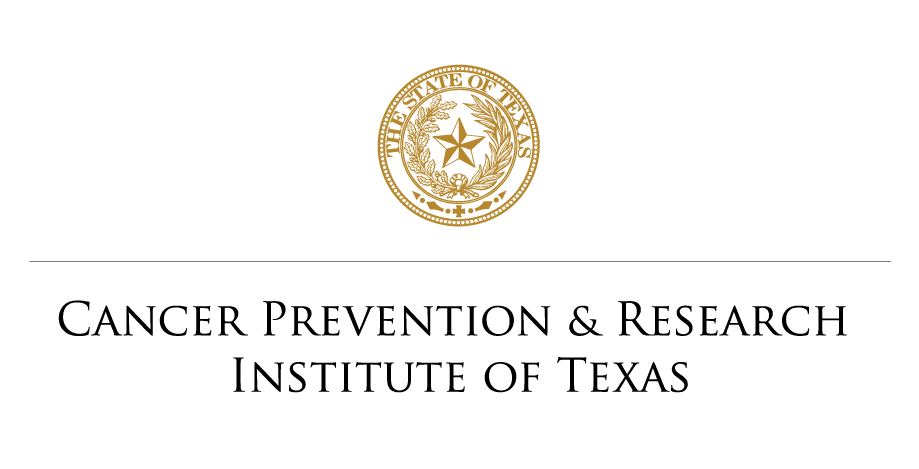
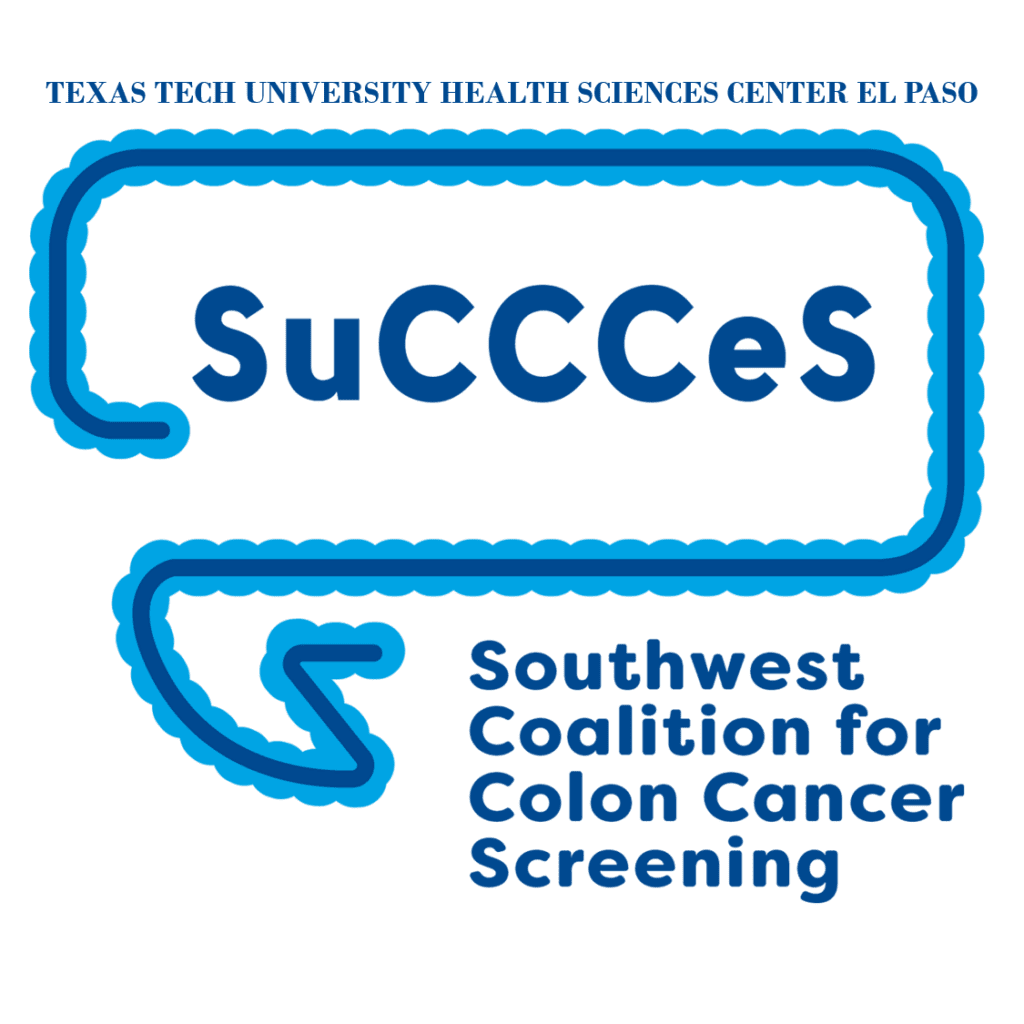
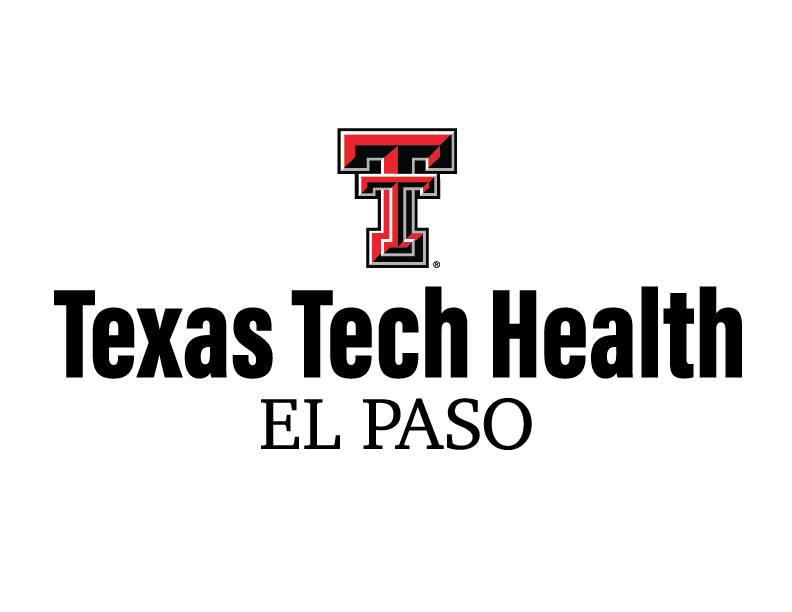
The ACS NCCRT would like to thank Dr. Jennifer Molokwu and Sarai Martinez for their time to complete this interview. Their work, along with their larger team, to increase CRC screening rates earned them the Grand Prize for the 2024 80% in Every Community National Achievement Awards. Learn more about the SuCCCeS program by visiting their website.
